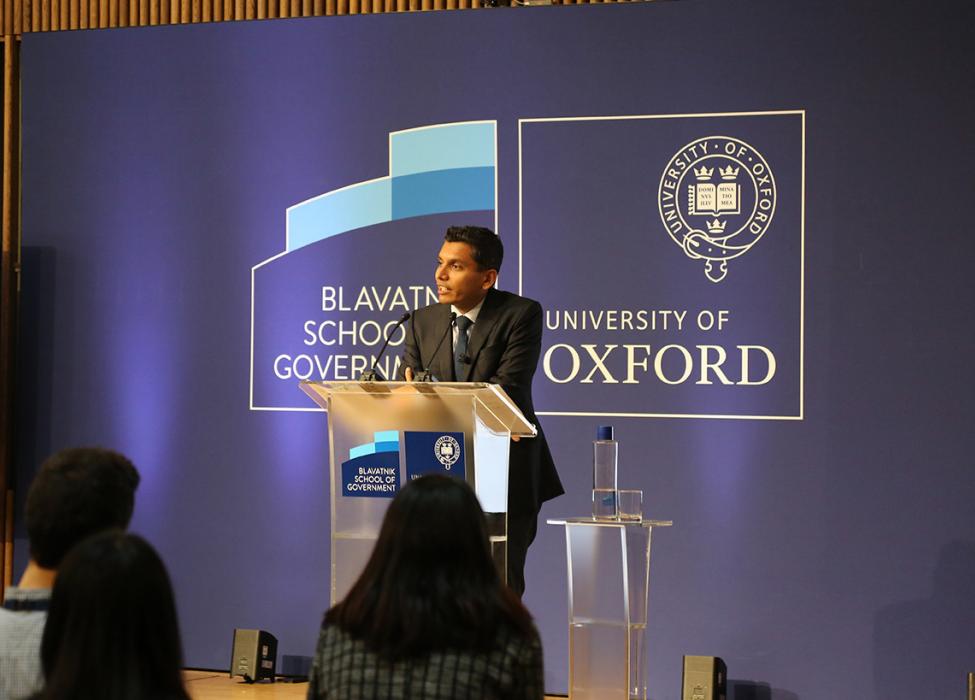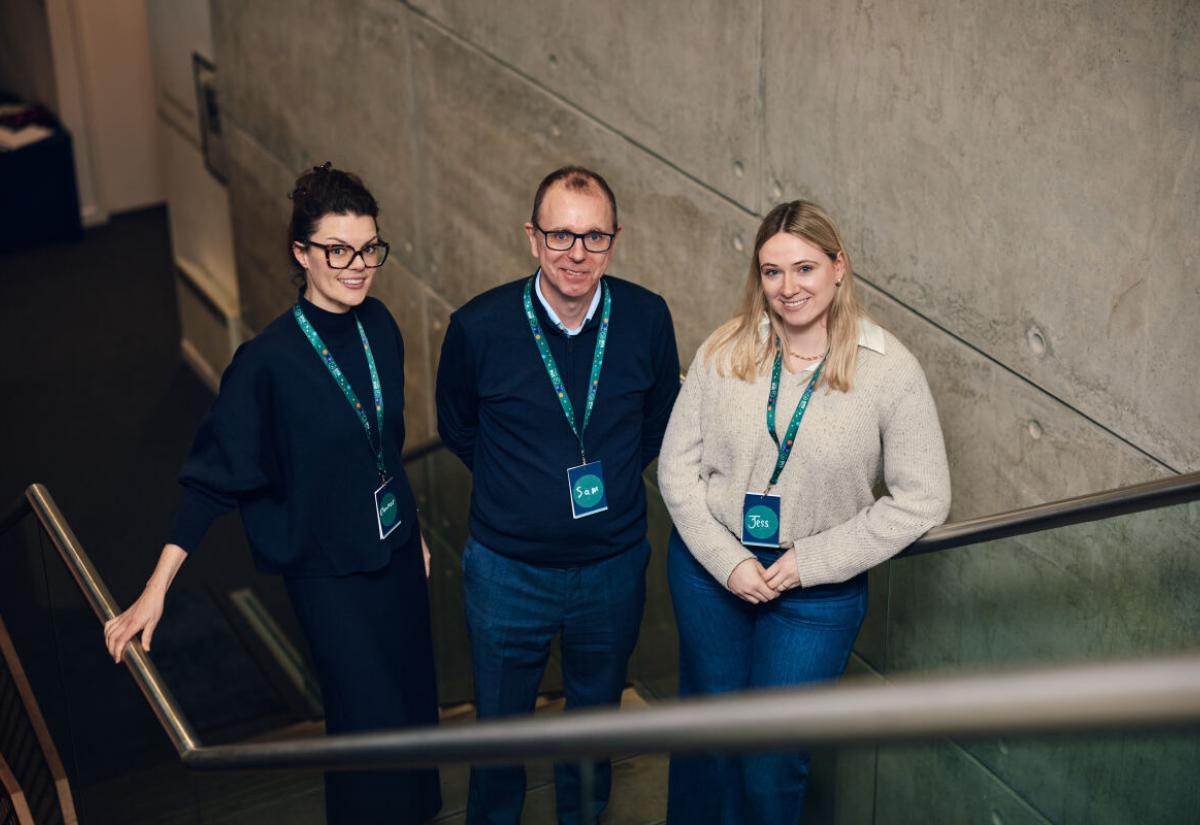
Photo by John Cairns
Karthik Ramanna, professor of business and public policy at the Blavatnik School, has been recognised for the third time for his innovative work on case studies.
The case Ikea in Saudi Arabia, co-authored with Jérôme Lenhardt and Marc Homsy, has won the Economics, Politics and Business Environment category at this year’s Case Centre Awards and Competitions.
The Case Centre is the independent home of the case method and its 11 awards and six competitions are an annual celebration of excellence in case writing and teaching at schools of business, management and government worldwide.
Karthik’s case examines the reactions to the news of Ikea erasing images of women from its Saudi Arabian catalogue in 2012, and was written in Karthik’s previous role as a professor at Harvard Business School.
Since taking up his position at Oxford University, Karthik has introduced the case method to public leadership teaching. At the Blavatnik School, Karthik leads the Case Centre on Public Leadership, which produces cases specially designed for public policy.
While the case method has long been popular in law and business schools, it is less common in public policy schools. But the skills of good judgement are just as important to public leaders as they are to CEOs and lawyers, and the case method promises to help students apply conceptual knowledge and ethical values to generate good decisions.
“Good cases have no single right answer; they present opportunities for multiple creative solutions, and it is through a discussion of these solutions that managers and public leaders build better judgement” says Karthik.
Cases are a great way to bring research into the classroom and connect teaching and research impact, and they form a distinctive element of our Master of Public Policy programme; for example, we recently compiled a case on stop and search in the Black Lives Matter era.
In the past year, the team at the Case Centre on Public Leadership have also used hybrid teaching to retain dynamic and engaging class discussions. Cutting back on content and using more targeted questions are just two of the top tips for teaching cases online that Karthik and the team have developed to adapt the case method to the new online learning environment, ensuring that students benefit just as much as they would in a traditional in-person classroom.
To learn more about teaching cases in online and hybrid settings, faculty at schools of government, leadership, and public policy worldwide can join the Case Method for Public Policy workshop this June.



